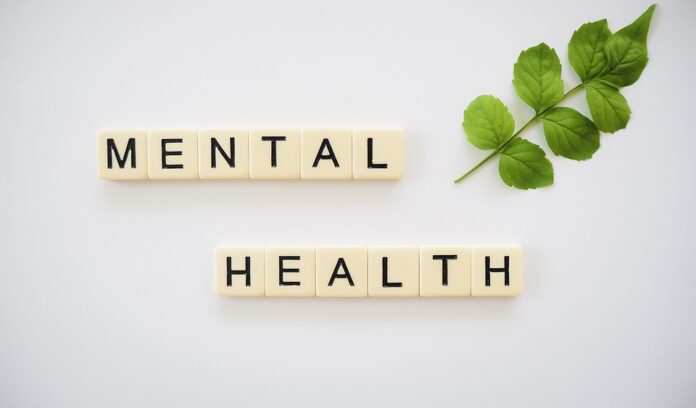In today’s fast-paced world, it is essential to build resilience and improve emotional well-being in order to thrive. Resilience is the ability to bounce back from challenges and setbacks, while emotional well-being refers to our overall mental health and happiness. By developing strategies to enhance these areas of our lives, we can better cope with stress, face adversity, and lead more fulfilling lives.
Introduction
Resilience and emotional well-being go hand in hand, as they both contribute to our overall ability to handle life’s ups and downs. Building resilience involves developing coping skills, maintaining a positive attitude, and fostering strong social connections. Improving emotional well-being includes managing stress, practicing self-care, and cultivating positive relationships.
Strategies for Building Resilience and Improving Emotional Well-Being
1. Develop a Strong Support System
One of the key factors in building resilience and improving emotional well-being is having a strong support system. Surround yourself with friends and family who uplift and support you during difficult times. Seek out a therapist or counselor if needed to help you navigate through challenging emotions and situations.
2. Practice Mindfulness and Self-Care
Mindfulness is the practice of being present in the moment and paying attention to your thoughts and feelings without judgment. Incorporating mindfulness into your daily routine can help reduce stress and anxiety, improve focus, and enhance emotional well-being. Additionally, practicing self-care, such as exercise, healthy eating, and getting enough sleep, can boost mood and overall well-being.
3. Learn to Adapt and Problem-Solve
Resilience involves the ability to adapt to change and problem-solve effectively. Instead of seeing challenges as obstacles, view them as opportunities for growth and learning. Develop problem-solving skills by breaking down complex problems into manageable steps and seeking out creative solutions.
4. Find Meaning and Purpose in Life
Having a sense of meaning and purpose in life can help build resilience and improve emotional well-being. Identify your values, passions, and goals, and align your actions with what is most important to you. Cultivate gratitude and appreciation for the little things in life, and find joy in helping others and making a positive impact in the world.
5. Practice Positive Thinking and Resilience
Positive thinking is a powerful tool in building resilience and improving emotional well-being. Challenge negative thoughts and beliefs, and reframe them in a more positive light. Cultivate an attitude of gratitude and optimism, and focus on your strengths and achievements rather than dwelling on shortcomings and failures.
Conclusion
In conclusion, building resilience and improving emotional well-being are essential skills for leading a happy and fulfilling life. By developing a strong support system, practicing mindfulness and self-care, learning to adapt and problem-solve, finding meaning and purpose, and practicing positive thinking, you can enhance your resilience and emotional well-being. Remember that it is okay to seek help and support when needed, and that growth and healing are ongoing processes.
Frequently Asked Questions:
1. How can I build resilience in times of adversity?
Building resilience in times of adversity involves developing coping skills, maintaining a positive attitude, seeking support from others, and practicing self-care.
2. What are some self-care practices to improve emotional well-being?
Some self-care practices to improve emotional well-being include exercise, healthy eating, getting enough sleep, practicing mindfulness, and engaging in activities that bring you joy.
3. How can I cultivate gratitude and appreciation in my daily life?
Cultivating gratitude and appreciation in your daily life involves keeping a gratitude journal, practicing mindfulness, and focusing on the positives in your life rather than the negatives.
4. What are some ways to practice positive thinking and resilience?
Practicing positive thinking and resilience involves challenging negative thoughts, reframing them in a more positive light, and focusing on your strengths and achievements rather than dwelling on shortcomings and failures.

